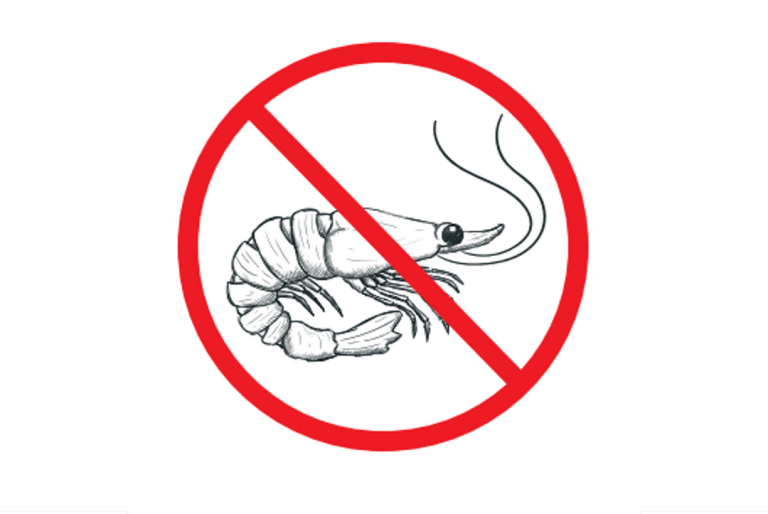
Should You Be Afraid of Insect Allergy?

Insects are increasingly being recognized as a sustainable and nutritious alternative to traditional animal protein sources, but some people may be allergic to insects and may experience allergic reactions when consuming them. In this essay, we explore the potential for allergic reactions to insects, the proteins in insects that are most likely to cause allergies, and the risk of developing an allergy to insects compared to other common allergens. We also discuss the potential for cross-reactivity between insect allergies and allergies to seafood and dust mites. If you are concerned about the risk of an allergic reaction, it is important to speak with a healthcare professional before trying insects as a source of food.
The story of consuming insects as a food source goes through human history. Still, only recently have people also increasingly recognized edible insects as a sustainable and nutritious alternative to traditional animal protein sources. However, it is essential to note that some people may be allergic to insects and experience allergic reactions when consuming them.
An allergy is an immune system response to a substance (allergen) that is typically harmless to most people. When a person with an allergy is exposed to an allergen, their immune system mistakenly believes that the substance is harmful and mounts an immune response to protect the body. This immune response can result in symptoms such as skin rashes, hives, itching, swelling, difficulty breathing, and in severe cases, anaphylaxis.
Insects contain proteins that can cause allergic reactions in some individuals, just like any other food. The proteins causing allergies in some people can be found in insects’ all body parts, such as their exoskeletons, wings, and legs.
There have been a few reported cases of people experiencing allergic reactions after consuming insects. In one case, a person developed an allergic reaction after consuming insects as part of a challenge. In another case, a person got an allergic reaction after consuming insects as part of a traditional meal. In both cases, the individuals experienced symptoms such as skin rashes, hives, and itching.
It is important to note that the risk of developing an insect allergy is relatively low compared to other common allergens such as peanuts, tree nuts, and shellfish. However, suppose you are allergic to seafood such as shellfish or mollusks. In that case, you may be at an increased risk of developing insect allergies. The reason is that some people who are allergic to seafood may also be allergic to insects due to a phenomenon known as cross-reactivity. Cross-reactivity occurs when proteins in different allergens are similar enough to trigger an allergic reaction in an individual who is allergic to one of the allergens. Similarly, people allergic to dust mites may be at an increased risk of developing an insect allergy due to similar proteins in both allergens.
Suppose you are concerned about the risk of an allergic reaction. In that case, it is always a good idea to speak with a healthcare professional before trying insects as a food source. If you experience an allergic reaction after consuming insects, it is crucial to seek medical attention immediately. Anaphylaxis is a severe allergic reaction that can be life-threatening. It requires immediate treatment with epinephrine (an injection commonly known as an EpiPen).
In conclusion, while the risk of developing an insect allergy is relatively low, it is still important to be aware that some people may be allergic to insect food and may experience allergic reactions. If you have an allergy to seafood or dust mites, you may be at an increased risk of developing an insect allergy. If you are concerned about the risk of an allergic reaction, it is always a good idea to speak with a healthcare professional before trying insects as a food source. If you experience an allergic reaction, it is vital to seek medical attention immediately.
















